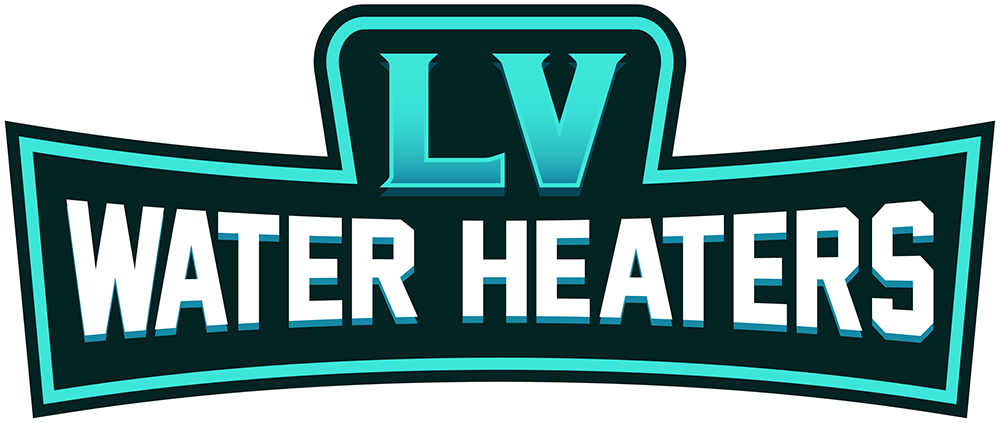Hot Water Heater Care 101: 7 Maintenance Tips for Optimal Performance
A reliable hot water heater is essential for everyday comfort, from warm showers to clean dishes. However, without proper care, your system can become inefficient, leading to higher energy bills, reduced lifespan, and costly repairs. According to the Las Vegas Valley Water District, the hardness of water in Las Vegas, Nevada, is 304 parts per million or 18 grains per gallon, which is categorized as “very hard.” This can accelerate mineral buildup inside your water heater, making regular maintenance even more crucial. By following these seven maintenance tips, you can keep your water heater running smoothly and avoid unexpected breakdowns.
1. Regular Inspections
Checking your water heater regularly helps identify potential problems before they become major issues. Look for signs of rust, leaks, or unusual noises coming from the tank. These could indicate corrosion, sediment buildup, or failing components. With a tank-style water heater, you’ll also want to check the anode rod—this component helps prevent corrosion by attracting minerals that would otherwise damage the tank, and if your anode rod is heavily corroded, replacing it could help extend the lifespan of your water heater.
Las Vegas’s hard water makes regular inspections even more important, as excessive mineral deposits can clog the system and reduce efficiency. Monitoring your water heater yourself and routinely scheduling professional checks and flushes can help prevent long-term damage and keep your water heater functioning properly.
2. Flushing the Tank
Over time, sediment from hard water settles at the bottom of the tank, reducing efficiency and causing overheating. When minerals accumulate, they create a barrier between the heating element and the water, making it harder to maintain the desired temperature.
Flushing the tank once a year helps remove this sediment, allowing the system to operate more efficiently. This simple maintenance step can extend the life of your water heater and reduce energy costs. Homeowners who neglect this task may experience premature system failure or fluctuating water temperatures.
Reach out to LV Water Heaters today to schedule a water tank flush or any other necessary maintenance. Our knowledgeable team can tell you more about our pricing system for tank-style and tankless water heaters and let you know about any applicable discounts.
3. Insulating the Tank and Pipes
Even in Las Vegas’s desert climate, insulation plays a key role in reducing energy loss. Water heaters that lack proper insulation can waste heat, forcing the system to work harder to maintain the set temperature.
Adding insulation to both the tank and pipes helps retain heat, reducing the strain on the system. This is especially beneficial in colder months when heat loss is more noticeable. Insulating hot water pipes also minimizes the wait time for hot water at the tap, improving overall efficiency and reducing unnecessary water usage.
4. Temperature Control
Setting the correct temperature on your water heater improves efficiency and prevents safety hazards. A temperature setting of around 120°F is recommended to prevent scalding while reducing energy consumption.
In addition to safety and efficiency, maintaining the right temperature helps reduce mineral buildup inside the tank. Water that is too hot can accelerate scale formation, leading to clogged pipes and reduced performance. By keeping the temperature at a moderate level, homeowners can prolong the life of their water heater and maintain consistent water pressure.
5. Testing the Temperature Pressure Relief Valve
The temperature pressure relief (TPR) valve is a vital safety feature that prevents excessive pressure from building up inside the tank. If this valve malfunctions, it could lead to dangerous pressure buildup, potentially causing the tank to burst.
Testing the TPR valve once a year makes sure it functions correctly. To check the valve, lift the lever slightly to release some water. If water flows freely, the valve is working. If nothing happens or the valve continues to leak afterward, it may need to be replaced.
6. Replacing the Air Intake Filter
Tankless water heaters use an air intake filter to keep the system running efficiently. In a dry, dusty climate like Las Vegas, these filters can become clogged quickly, restricting airflow and causing the unit to work harder than necessary.
Regularly cleaning or replacing the air intake filter prevents dust buildup and helps maintain optimal performance. If left unchecked, a clogged filter can reduce efficiency and lead to overheating, ultimately shortening the lifespan of the water heater.
7. Replacing Broken Parts
Ignoring worn-out or damaged components can lead to more significant issues down the line. Common parts that may need replacement include heating elements, thermostats, and anode rods.
Anode rods, in particular, are essential for preventing rust inside the tank. When they become too corroded, they can no longer protect the water heater, leading to potential leaks and system failure. Replacing these parts as needed helps maintain efficiency and prevent costly repairs.
For homeowners unfamiliar with these components, professional maintenance services from LV Water Heaters can help identify and replace faulty parts efficiently. Our team provides expert inspections and repairs, so your water heater stays in peak condition year-round.
Keep Your Hot Water Flowing with Regular Maintenance
Proactive water heater maintenance not only improves efficiency but also extends the life of your system. By following these seven maintenance tips, you can reduce the risk of unexpected breakdowns and keep your water heater functioning at its best.
Las Vegas’s hard water makes regular maintenance even more important. Addressing sediment buildup, checking essential components, and scheduling routine inspections can help homeowners avoid expensive repairs and replacements.
If you're unsure about performing maintenance on your water heater, LV Water Heaters is here to help. Contact us today for expert guidance and professional service to keep your hot water flowing without interruption.
